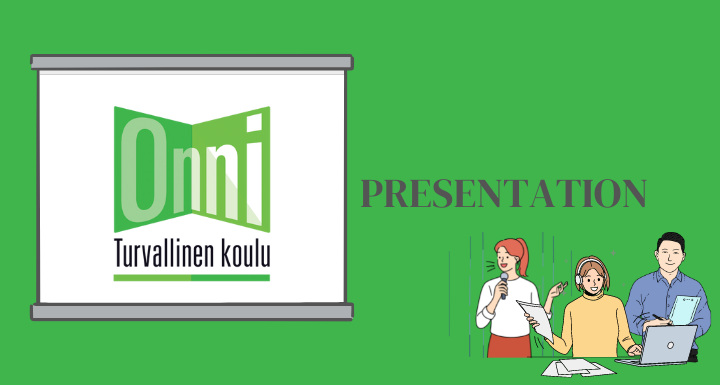NOFA 2023: Developing Safety Education through Safety Notice Reporting
Event:
The 9th Nordic Conference on Subject Education 9.-11.5.2023
Title:
Developing safety education through safety notice reporting – A perspective into comprehensive education students’ safety competence and authentic observations
Authors:
M. Leino, E. Lindfors, E. Luukka
Abstract:
Safety is an element of safety culture and safety education (Jin & Tu, 2020). Safety culture is portrayed through a plethora of activities and measures in which the entire community takes part, which promote the safety and well-being of students and staff in learning environment, in and outside the school or on the way to and from school (Leino & Lindfors, 2021). Safety education is a combination of values and attitudes wherein safety is considered important and unnecessary risks are not accepted (Somerkoski, Lindfors & Kärki, 2019).
The aim of safety education is to develop knowledge of proactive and reactive safety measures and procedures, combined with skills, and a will to act safely in an authentic situation. (Lindfors, 2023). Students’ role in reporting is vital because school safety culture is to a large degree about what schools know about their safety and how they monitor safety observations. In order to recognise timely topics on safety education in comprehensive education, our study asks: What kind of safety observations do comprehensive education students consider worth filing when using an online safety reporting form?
The data consist of safety notice reports between November 2022 and March 2023. The safety notices have been collected using an online form accessed through a web-application. Safety notices can concern events and observations made by the reporting individual or be made on behalf of another in order to keep the reporting threshold low. In our presentation we report how we have classified the safety incident reports filed by students and consider what these findings suggest in terms of students’ safety competence. In this sense the reports convey information on the learners’ safety competence: learners report what they consider worthwhile. Examining students’ safety notice reports as expressions of school safety culture benefits safety education by offering a timely picture of students’ real-world safety issues and give practical examples what issues are important to address in teaching safety (Gahungu, 2018).
Key words:
Safety education, safety notice reporting, comprehensive education
Works cited:
Gahungu, A. (2018). Indiscipline and safety in public schools: Teachers and principals at odds. International Journal of Research in Education and Science (IJRES), 4(2), 375-390. DOI:10.21890/ijres.409267
Jin, G. & Nakayama, S. & Tu, M. (2020). Game based learning for safety and security education. Journal of Education and Learning (EduLearn). 14. 114. 10.11591/edulearn.v14i1.14139
Leino, M. & Lindfors, E. (2021). Safety Culture in Craft, Design and Technology Workshops – An analysis of safety documents in teacher education. Technology in our hands. Creative pedagogy and ambitious teacher education. Techne Series A, 28(2), 332-339. https://journals.oslomet.no/index.php/techneA/article/view/4358/3842
Lindfors, E. (in print, 2023). Safety, Risk and Learning. How to master a risk and safety in Technology education learning and working environments. D. Gill, D. Irwing-Bell, & D. Wooff (Eds.) Handbook of Technology Education. Bloomsbury Publishing.
Somerkoski, B., Kärki, T. & Lindfors, E. (2019). Learning Outcomes: Safety Education for Comprehensive School Pupils. European Journal of Social and Behavioral Sciences, (26), 3009 – 3020. https://doi.org/10.15405/ejsbs.262
More information:

